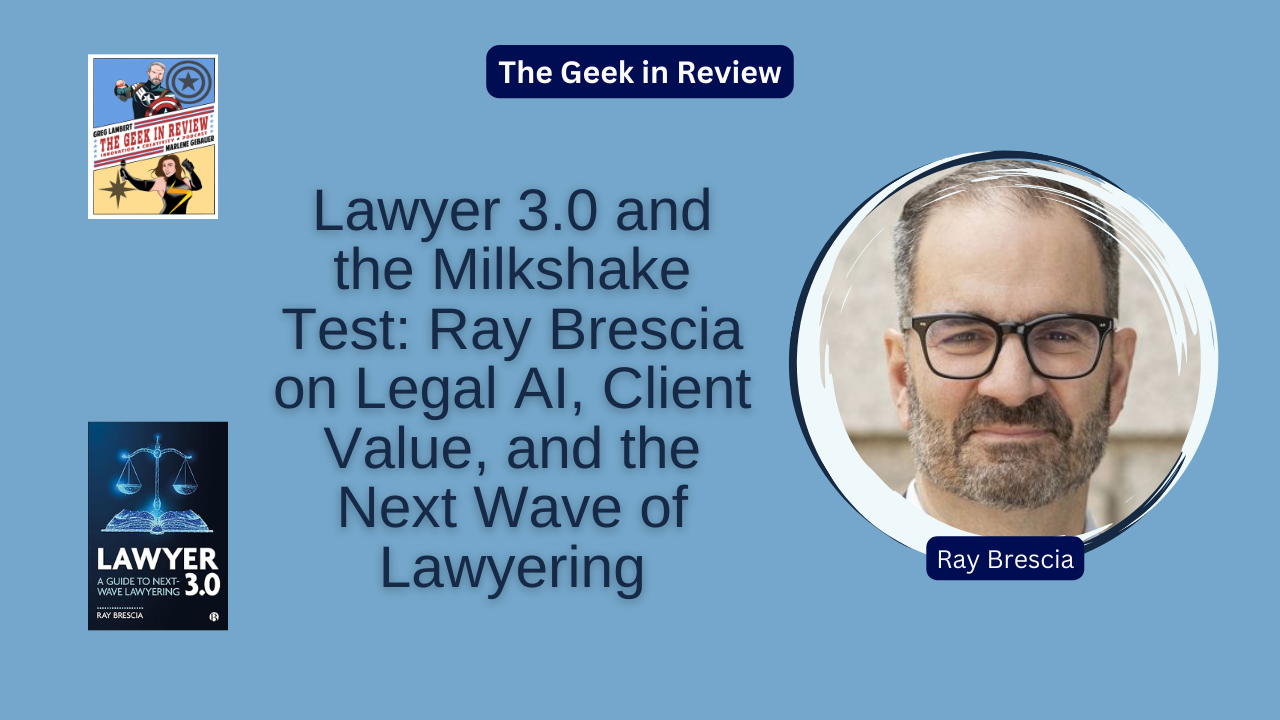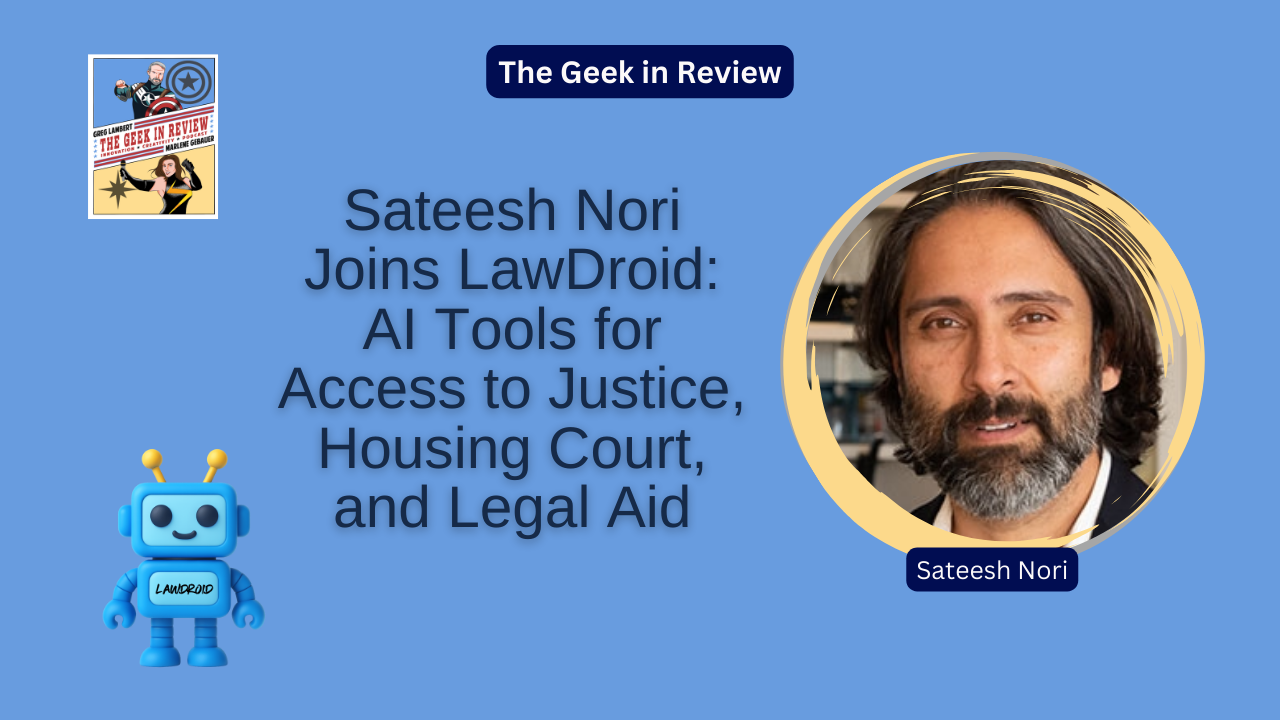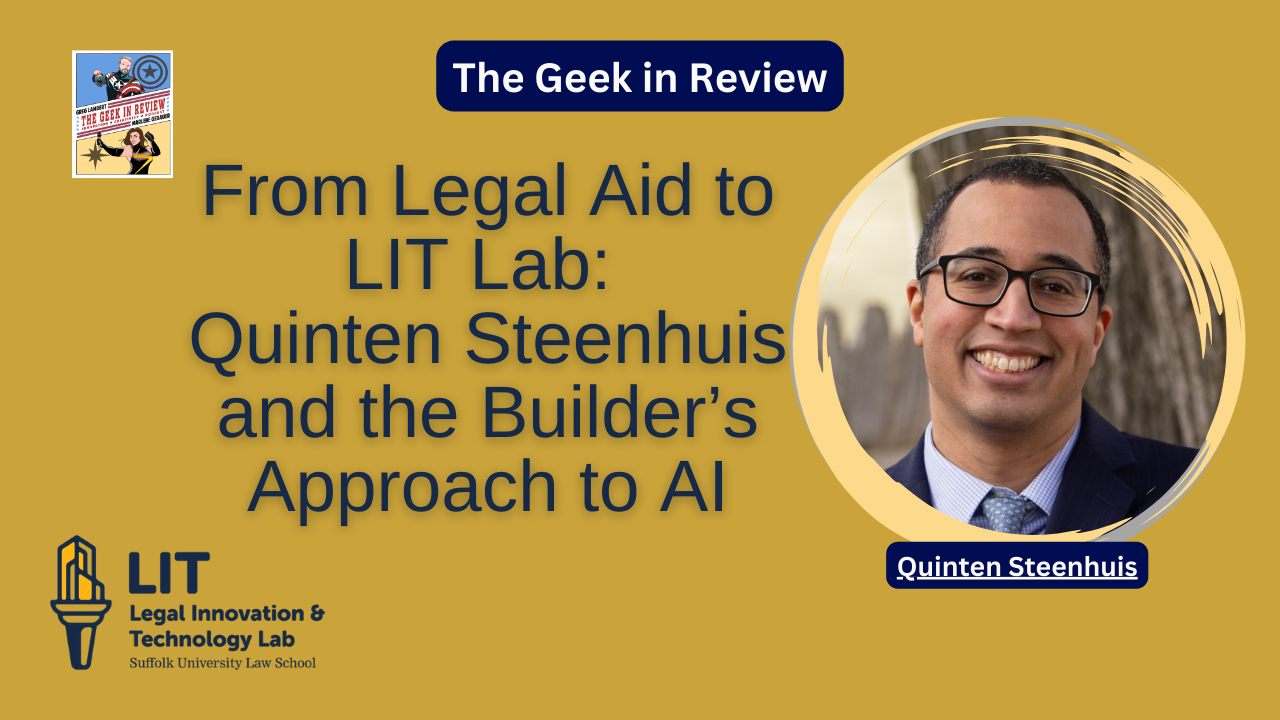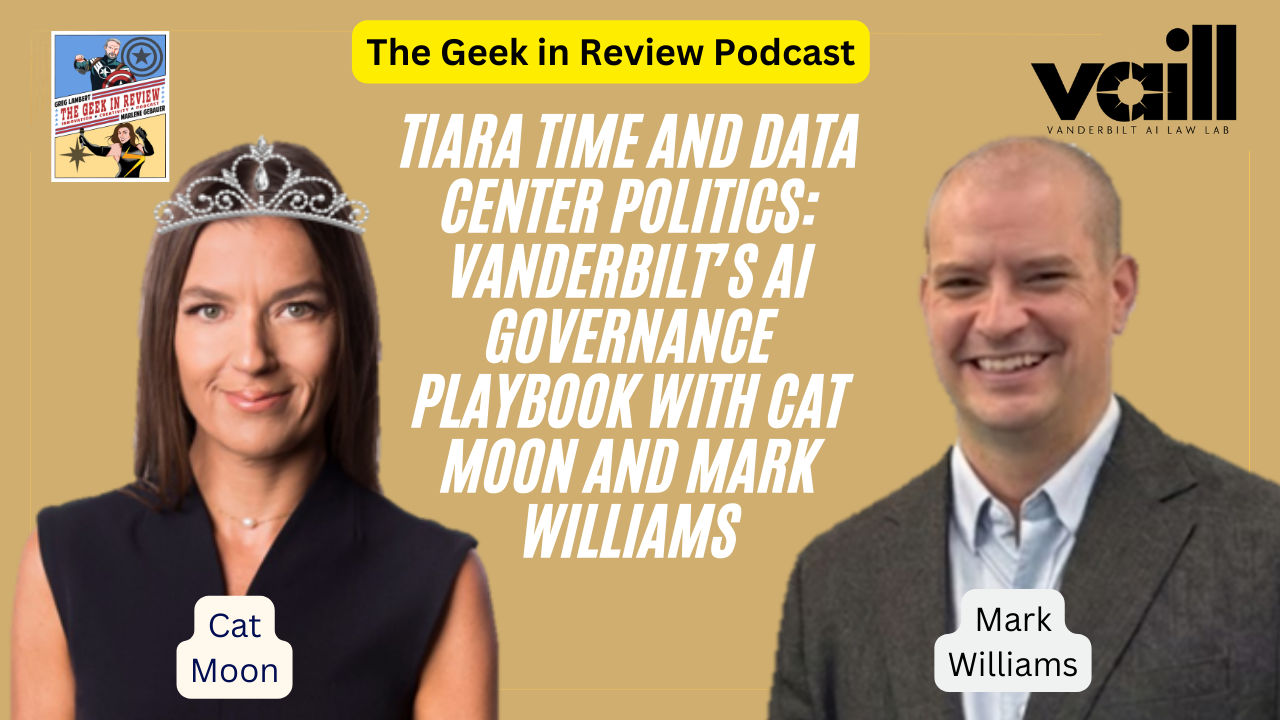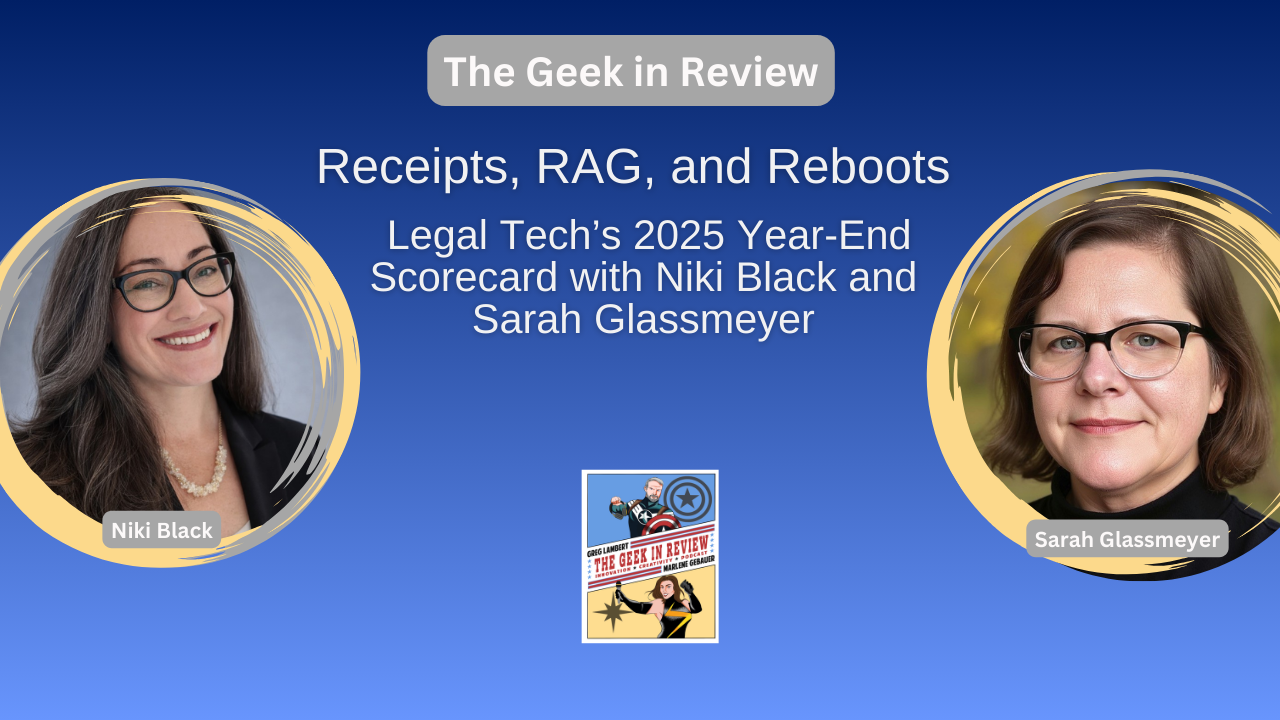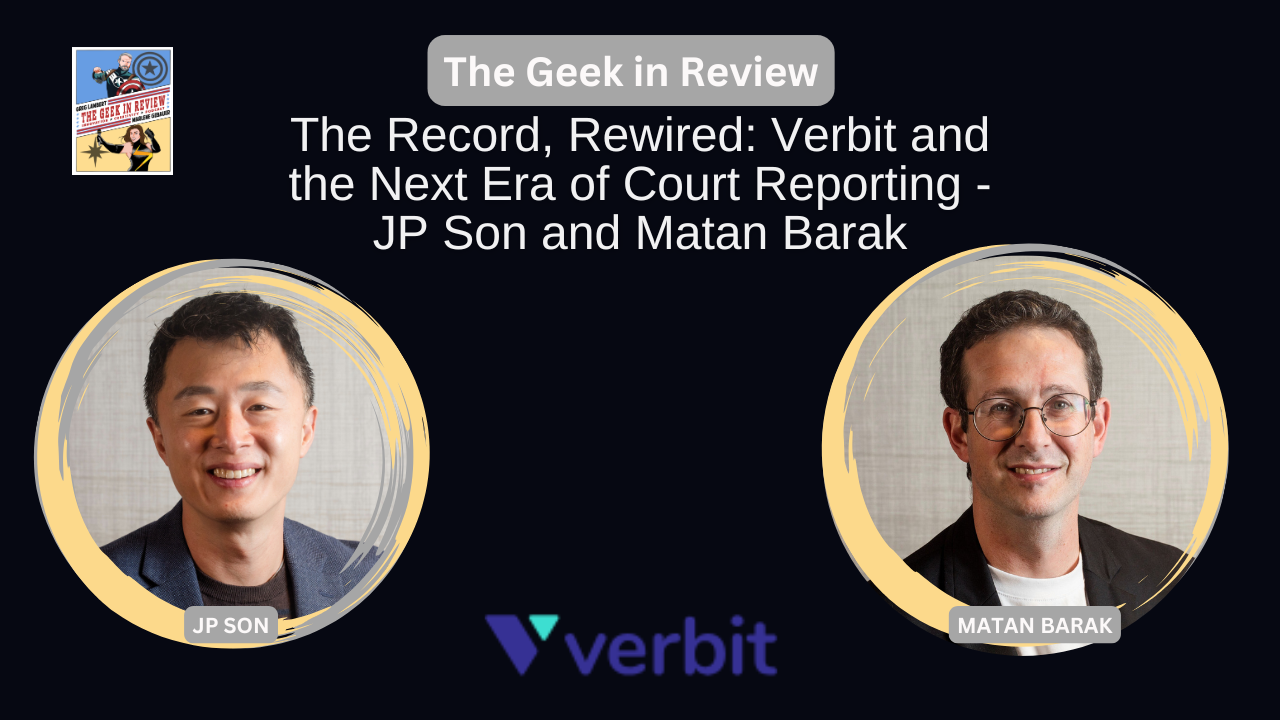The billable hour has survived a lot of threats, from alternative fee arrangements to client procurement, but this episode makes the case that AI changes the pressure level. We open with a blunt assessment, time compresses, clients push back, and the old strategy of “work more to earn more” stops scaling. Enter Stefan Cisla, co-founder and CEO of Ayora, who frames the moment as less a tech problem and more an operating model problem. Law firms still place P&L accountability on individual partners who carry deep legal specialization, then ask them to moonlight as revenue managers. Stefan argues firms are starting to replace that fragile setup with tools that support decision-making across pricing, budgeting, and matter management.
Stefan’s origin story is half high finance, half clinical decision science. He came out of investment banking and professional services transactions, his co-founder Dr. Gordon McKenzie came out of surgery and a PhD path tied to decision science and software. Together they pulled lessons from clinical triage and continuous improvement into the law firm context, focusing on how experts make better decisions under constraints. The hosts tease out the cultural weirdness at the center of the partnership model. Partners often take the long view for client relationships, yet short-term firm economics still take damage through write-offs, scope creep, and messy budgeting. Stefan’s pitch is reconciliation, align client-first instincts with firmer, data-backed pricing and project discipline.
A core anchor for the conversation is the often-quoted $36 billion annual “value gap,” described as preventable revenue leakage tied to write-offs, weak billing practices, bad data, and poor working capital hygiene. Stefan suggests the number matters less than the trend line. AI pushes a new kind of risk, mispricing innovation. If AI reduces billable hours, firms face a squeeze between steep rate increases and client resistance, then end up forced to express value in new ways. The show leans into a spicy idea, the push to change is no longer only client-driven. Stefan sees rising pressure from inside firms, often from the CFO and operations leaders trying to fund AI investment and protect cash flows in a higher-interest-rate environment. Greg sums it up with the line, “the call is coming from inside the house.”
Ayora’s product angle lands on two hard truths, pricing tools in legal have a rough track record, and law firm data quality has been a “25-year overnight problem.” Stefan explains why earlier tools struggled, low urgency when billable hours printed money, ugly underlying time and matter data, and products that were either too complex for occasional users or too simplistic for real-world exceptions. Ayora’s bet is that the data problem is solvable. Their system uses large language models plus proprietary approaches, including work-type ontologies, to extract signal from messy time narratives and matter metadata. The goal is consistent fields and usable categorization across tasks and phases, even when client taxonomies differ. Stefan claims field-level reconstruction and normalization at high accuracy, enough to power a chatbot-style interface that generates a pricing proposal in roughly 90 to 120 seconds by finding precedent matters and adapting them to the new scope.
The conversation closes on the part everyone in a partnership feels in their bones, culture beats software. Moving away from the billable hour is not only a finance shift, it is an identity shift, habit shift, and trust shift. Stefan describes adoption as a joint change strategy, with peers inside the firm as allies, and lots of direct conversations with lawyers to build trust in the recommendations. On the “generational gap” question, he leans toward curiosity over age. Some of their heaviest users have plenty of gray hair, and they tend to be the lawyers who care about how a practice runs. For his personal AI usage, Stefan gives an honest founder answer, meal planning for a two-year-old, automating company chores, and using AI as a sparring partner, with Notion as his favorite tool.His crystal ball point is one law firm leaders should underline twice, gross margin dynamics get messier as tech and LLM costs become part of the delivery mix, and the distance between inputs and outputs grows, driving both consolidation pressure and a new wave of innovation.
Listen on mobile platforms: Apple Podcasts | Spotify | YouTube | Substack
[Special Thanks to Legal Technology Hub for their sponsoring this episode.]
Email: geekinreviewpodcast@gmail.com
Music: Jerry David DeCicca
Links:
-
Ayora report on the $36B value gap: “Addressing the $36bn value gap in law firms: a primer for innovative law firms” (linked from coverage of the report).


